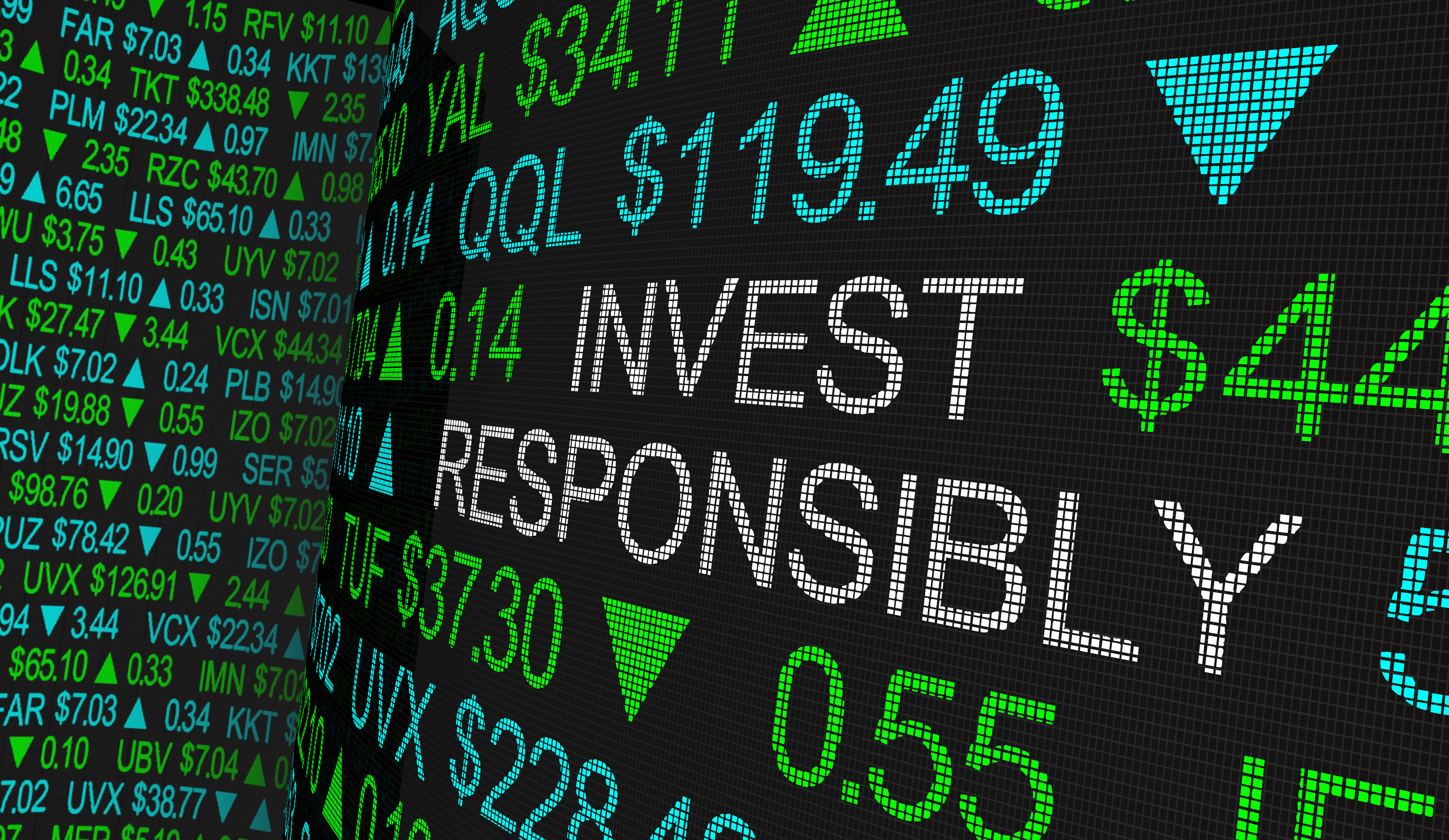
Robb Engen
Sept. 24, 2019
Your portfolio can have a positive impact on the world
Investing with a conscience is something on the minds of many investors who have become interested not only in a company's ability to earn a profit but also its ability to have a positive social impact. It's the so-called "double-bottom line."
Global warming and climate change, and human rights are among the top concerns. Recently the CPPIB - which manages the Canada Pension Plan - divested from two American private prison operators deeply involved in the detention of thousands of Latin American migrants at the southern border of the U.S.
There are three types of socially conscious investing: environmental, social and governance (ESG), socially responsible investing (SRI) and impact investing.

These terms are often used interchangeably but, in reality, have different meanings for investors.
ESG considers a company's environmental, social and governance practices, coupled with traditional financial measures.
SRI involves actively removing or choosing investments based on specific ethical guidelines.
Impact investing is about helping a business or organization complete a project, deliver a program or create something positive to benefit society.
ESG uses a set of criteria to broadly screen investments depending upon how each company scores. These factors might include pollution, human rights, and gender equality, to name a few.
A research firm called Sustainalytics rates the sustainability of companies based on their ESG performance.
It provides portfolio screening, analytics and "controversy alerts" to both individual and institutional investors to help guide their ESG investing.
As with conventional investing, ESG investing aims to maximize financial return above all other factors, and social impact second.
Socially responsible investing focuses on the companies with the highest ESG ratings, but takes it one step further by removing companies according to specific ethical guidelines.
A negative screen could include alcohol, tobacco, gambling or environmental damage - which would remove any company involved in those businesses.
A positive screen, on the other hand, might include companies that contribute to charitable causes or promote gender equality in the workplace.
Socially responsible investors consider financial return only after their values have been satisfied.
With impact investing, the aim is to help an organization accomplish specific goals that are beneficial to society or the environment. Investing in a non-profit dedicated to the research and development of clean energy, regardless of whether success is guaranteed, is one example.
Impact investors focus on social outcomes first, while financial outcomes are secondary.
But do sustainable investments lead to higher, lower or similar performance outcomes?
The research is unclear.
One of the easiest and most cost-effective ways to get started with sustainable investing is to invest in one of the many SRI portfolios - talk to your advisor.
Alternatively, an investor could look to build his or her own customized SRI investing portfolio by opening a discount brokerage account online. This could be done with stocks, ETFs, or a combination of the two - depending on their desired investment goals.
Copyright 2019. Toronto Star Newspapers Limited. Reproduced with permission of the copyright owner. Further reproduction or distribution is prohibited without permission. All Rights Reserved.
This article was written by Robb Engen from The Toronto Star and was legally licensed by AdvisorStream through the NewsCred publisher network.


